
Wind tower
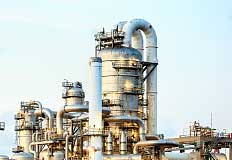
Pressure vessel
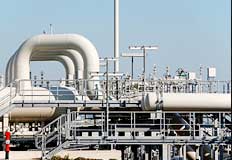
Pipeline
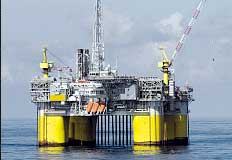
Oceanic engineering
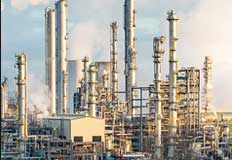
Oil alchemical
MISA WELDING & CUTTING AUTOMATION CO., LIMITED is a company that combine research and development, manufacturing sales for the integration of high-tech enterprises,mainly engaged in the production of automatic welding equipment and fixtures CNC Cutting Machine ,H-beam production line ,etc. Such as Welding Rotator , Welding Positioner and Welding Manipulator .Our factory in located in Wuxi,China.Two production bases from Shanghai Pudong international airport and Shanghai Port is about 180KM.
From 1992,in the line with“The quality first,Customer supreme ,and the effciency first ,service is supreme”the consistent idea,has successfully passed more than 20 years.We had cooperated with many famous enterprises both in China and abroad...
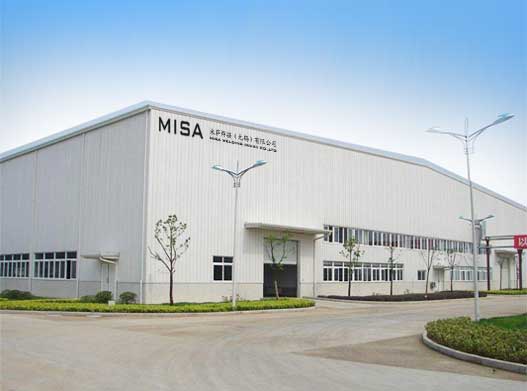
Fit-up Growing Line Rotator - Explore Our Range of Welding Rotators for Pipe and Tank WeldingWelding rotators are devices used to assist in the rotation of cylindrical workpieces during welding or other fabrication processes. They are typically used for pipes, tanks, and other cylindrical objects th

Customers who will benefit from using welding positioners typically include industries and applications where precise positioning and manipulation of workpieces are essential for welding or fabrication processes. Here are some key customers and industries that commonly use welding positioners:1. Met
